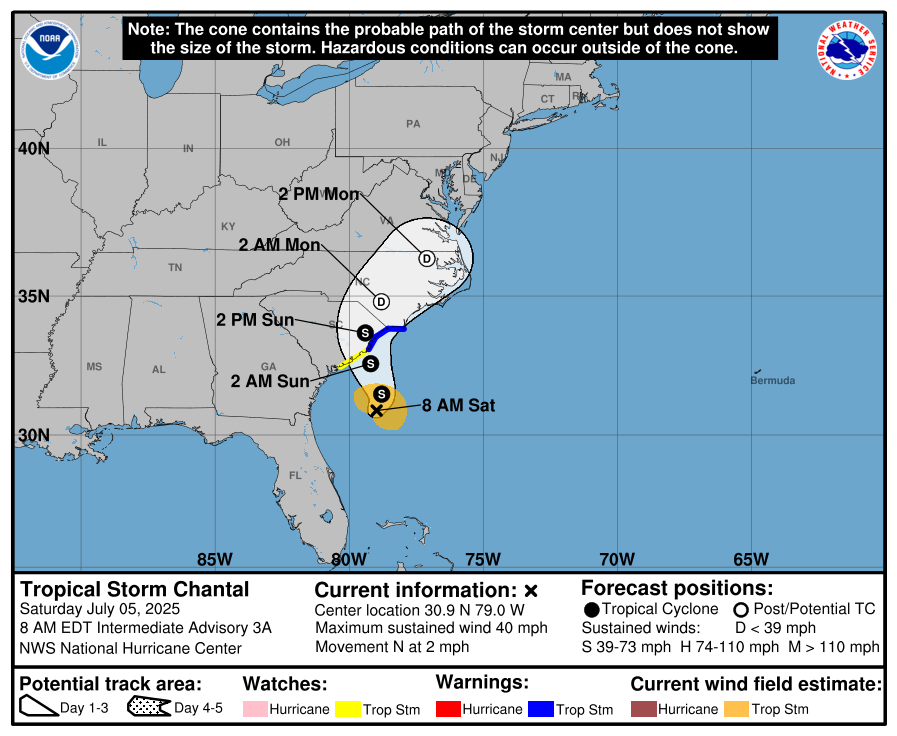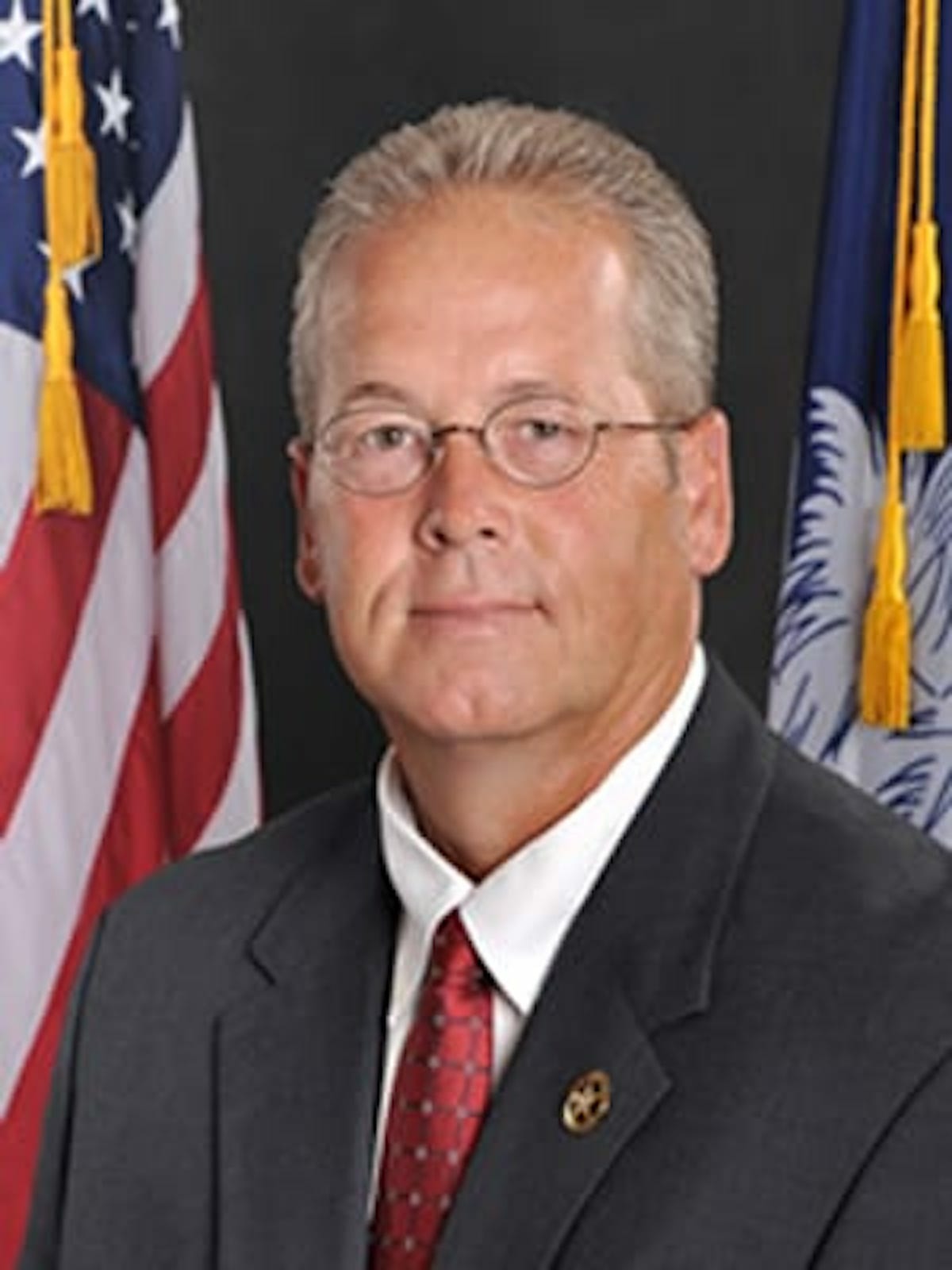South Carolina governor Henry McMaster signed into law a bill last week that will give physician’s assistants increased access to improve patient care in S.C.
The S.C. Academy of Physician Assistants (SCAPA) commended McMaster for signing Senate Bill 132 into law on May 13. The legislation, to go into effect August 11, will allow PAs to increase access to care for patients and families throughout the state through its modernization of the regulation of PA practice.
“We are excited that the General Assembly continues to show their commitment to improving access to healthcare for all South Carolinians. When providers are able to work collaboratively at the top of their skill sets, patients win,” said Thornton Kirby, president and CEO of the South Carolina Hospital Association.
The new law will expedite PA entry into the healthcare workforce by streamlining licensure processes and removing archaic, extraneous requirements that serve no public protection role. For example, prior to the enactment of Senate Bill 132, South Carolina was one of 10 states that required PAs to pass a jurisprudence exam as part of the licensure process.
“I applaud South Carolina legislators for putting patients above politics. After evaluating the medical evidence, key outcome data, and best practices legislators are even more committed to removing barriers in the form of restrictive scope of practice laws,” said SCAPA Legislative Co-Chair, Kevin Harmon.
PAs are medical providers who diagnose illness, develop and manage treatment plans, prescribe medications, and often serve as a principal healthcare provider. With thousands of hours of medical training, PAs are versatile and collaborative. PAs practice in every medical setting and specialty, improving healthcare access and quality.
“Admission to PA school is highly competitive with many student applicants coming in with a concentration in pre-medicine. PA students have diverse patient care backgrounds that include roles such as paramedics, registered dieticians, researchers and nurses,” said SCAPA Legislative Co-Chair Megan Fulton, MSPAS, PA-C.
States are increasingly removing barriers in an effort to expand access to the high-quality care that PAs provide.
A June 2018 study conducted by the Hamilton Project, an economic research group and think tank within the Brookings Institution, concludes that removing barriers to PA care would alleviate healthcare shortages and would improve efficiency and productivity in the delivery of healthcare — all with no adverse effects on patient outcomes.
“PAs are playing a critical role in addressing healthcare shortages throughout the country. We want to extend our gratitude to Gov. McMaster and the legislature for their efforts to ensure patients in South Carolina continue to benefit from the high-quality care PAs provide,” said SCAPA President Jen Marshall
“Many people in South Carolina lack adequate access to quality healthcare, especially in rural areas – partly because South Carolina ranks 40th among the states with just 77.5 physicians per 100,000 residents. Nationally, the number is 90.1 per 100,000. This problem is compounded by a strong bias in the distribution of those physicians to urban or suburban areas. S. 132 eases this access problem by empowering physician assistants to provide health care services that are commensurate with their increased level of education and training,” said Senator Tom Davis.






